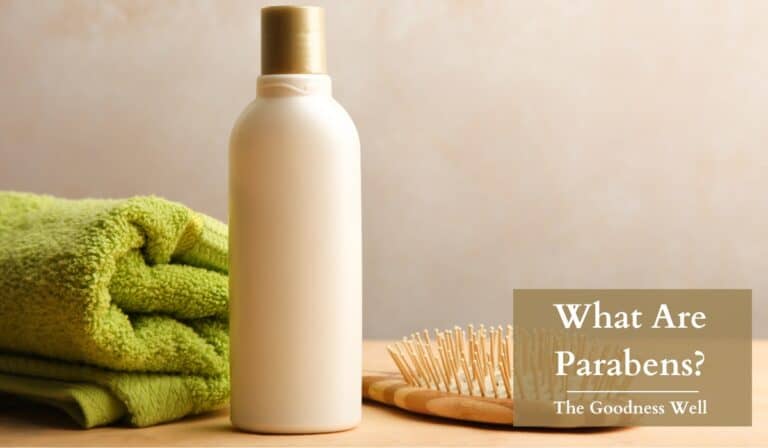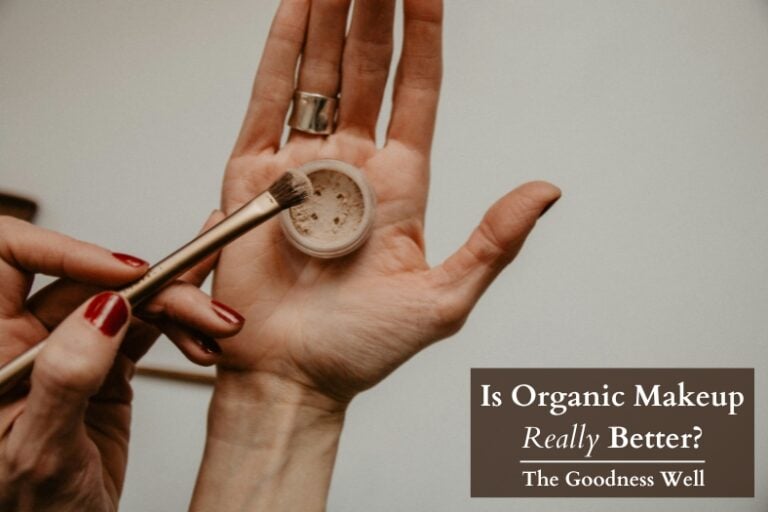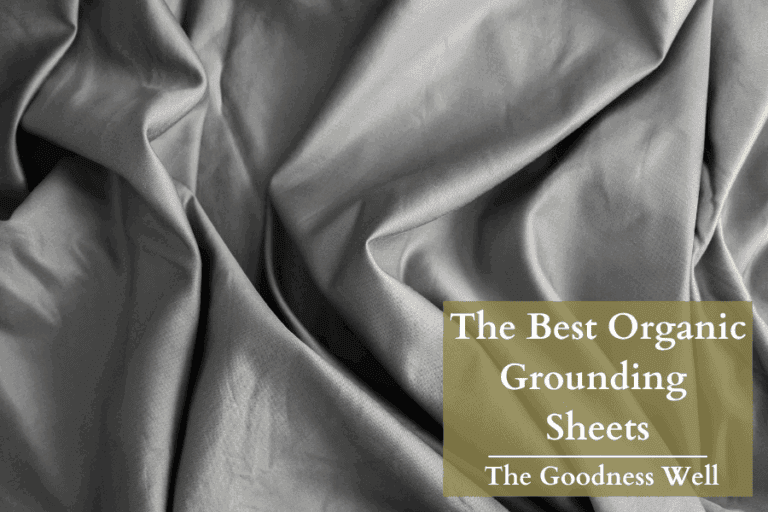The Difference Between Natural And Organic Skincare Products
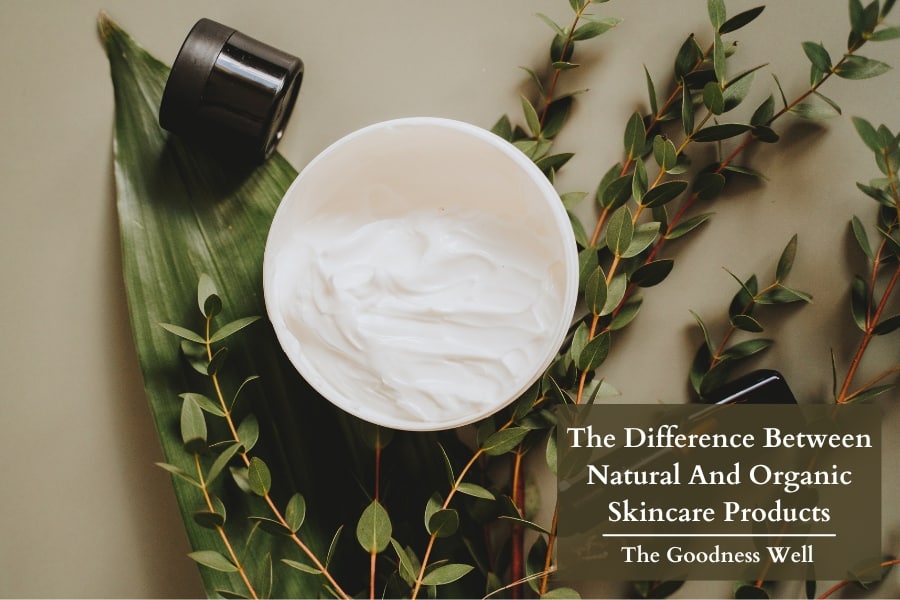
Terms like natural and organic are thrown around left and right in the food and cosmetic industry.
But what do these words even mean? And what about terms like nontoxic, clean, and vegan-friendly?
It’s important to know what each of these means, to avoid confusion when buying products, but don’t worry we’ve got you covered!
We’ve done the research, and product testing and want to help you understand the difference between natural and organic skincare products so that you can choose products better for you. ✨
TL;DR
Knowing the difference between natural and organic skincare helps you choose safer products. Organic means strict growing and producing of ingredients without the use of pesticides and herbicides, while natural is more about the source, not how it’s grown. An organic product can be 100% natural but a natural product doesn’t always mean it’s 100% organic.

The Difference🔎
Oftentimes the terms “organic” and “natural” are used interchangeably, and while their meanings do have some overlap they are different.
Natural and organic skincare are different specifically because of their regulatory standards and ingredient sourcing.
Organic refers to how ingredients are grown—without synthetic pesticides, fertilizers, or GMOs, and with a certification process to verify these conditions.
Natural implies that ingredients come from natural sources like plants and minerals, but there’s no strict regulation on how these ingredients are grown or processed, making it a less controlled term.
Essentially, the difference lies in the growing and sourcing practices and the regulation oversight.
Decoding Natural And Organic Labels
Let’s look at examples of natural and organic skincare products.
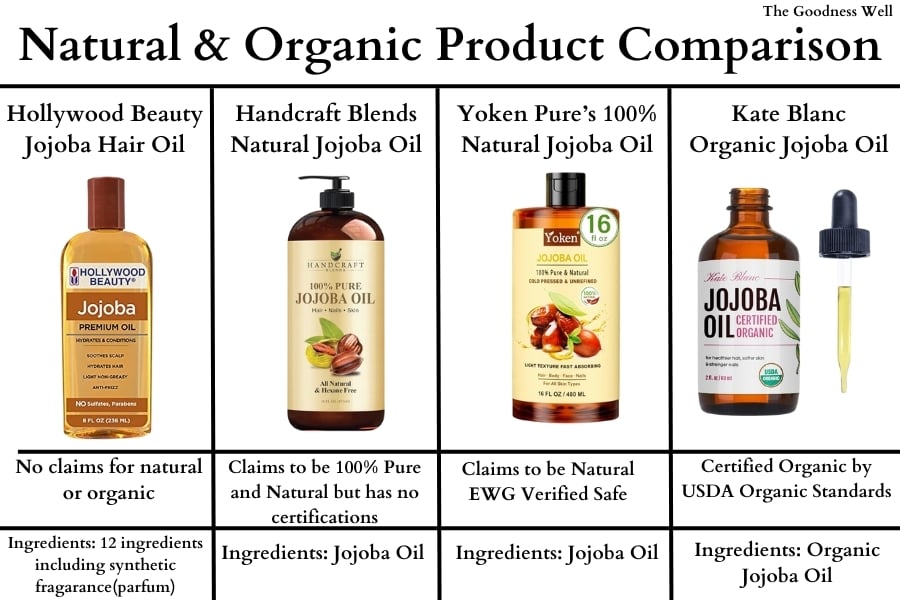
These are four brands of jojoba oil you can buy on Amazon.
I would steer clear of products like Hollywood Beauty that have no safety certifications but contain extra unnecessary ingredients including ones that can be harmful like synthetic fragrances(parfum).
The Handcraft Blends is a tricky one because it claims to be natural and is made using only jojoba oil but it has no certifications to ensure there are no unsafe chemicals hidden within the product. So although it’s not a bad product, it’s just not the best.
Remember without safety certifications a genuinely natural product could still contain harmful pesticides and herbicides.
The Yoken Pure natural jojoba oil is the better option because it’s made using only a single ingredient(jojoba oil) without alcohol, parabens, and hexane. And to take it a step further it’s even EWG Verified meaning it’s been tested and reviewed to ensure it’s free from chemicals of concern.
Now the BEST product is the Kate Blanc certified organic jojoba oil because you know that the single ingredient, natural organic jojoba oil is USDA certified organic and doesn’t contain harmful pesticides.
Advantages and Disadvantages
There are advantages and disadvantages to both so it’s important to consider which one fits your needs the best.
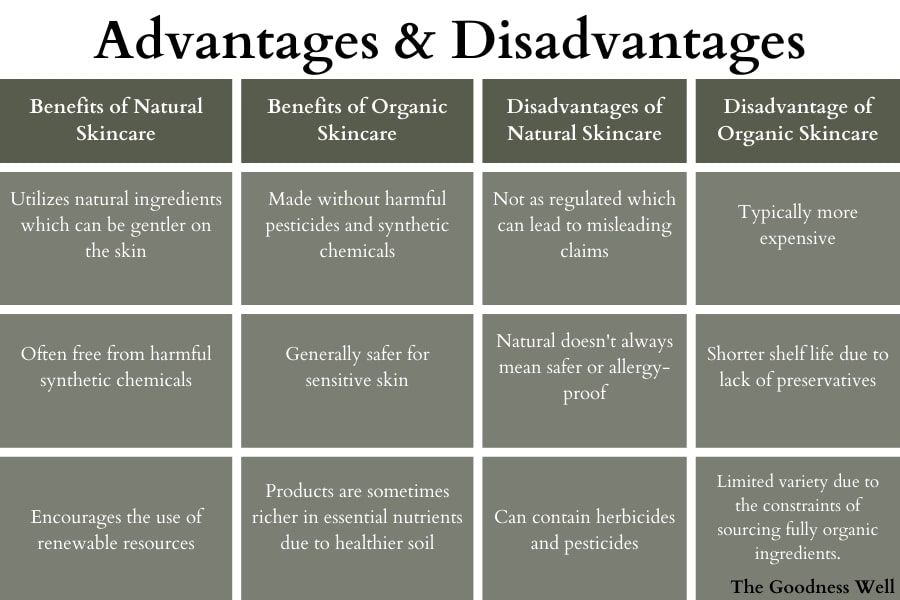
Vegan, Non-Toxic, and Clean Skincare Difference
These terms can also have a lot of overlap and you’ll even find products and brands that prioritize more than one. But it’s important to know where they differ so you can pick products best for you.
Non-Toxic Skincare Products:
- Non toxic skincare products are formulated without harmful chemicals like parabens, sulfates, and phthalates. This term is more about safety than sourcing, emphasizing the absence of harmful chemicals.
Vegan Skincare Products:
- Vegan products are free from animal-derived ingredients, and most often not animal tested but always check for certifications. It can also prioritize plant-based formulations but does not necessarily rule out synthetic ingredients not derived from animals.
Clean Skincare Products:
- Clean skincare means products free from harmful chemicals and that prioritizes safety and sometimes eco-friendly practices.
Which Is Right for Me?
Honestly, that’s up to you! While I try to prioritize organic and non toxic products in my life, there are a lot of well worth it benefits to natural products!
So what’s best for you is to read ingredient labels, look for certifications, and research brands so you can get safe quality skincare products.
Frequently Asked Questions
Organic skincare products, due to their stringent standards for purity and lack of synthetic chemicals, are generally better for sensitive skin. However, that doesn’t eliminate the risk of a breakout or allergic reaction.
You can verify natural and organic claims by looking for official certifications like USDA Organic, and ECOCERT on the product labels.
Yes, natural or organic skincare products can still cause allergic reactions, because people have different sensitivities and allergies to natural ingredients as well.

